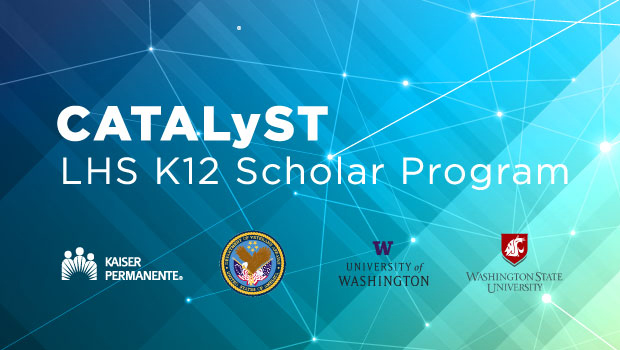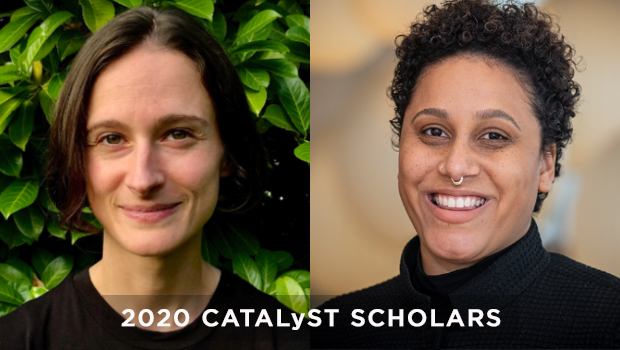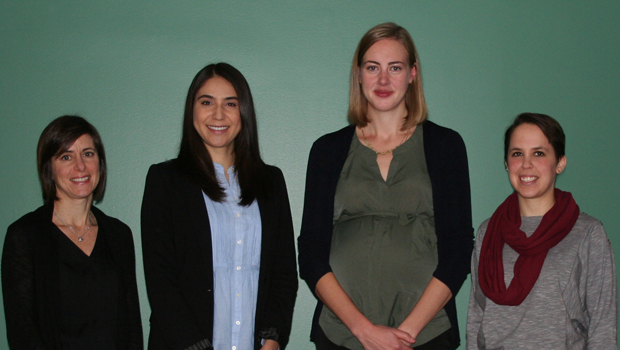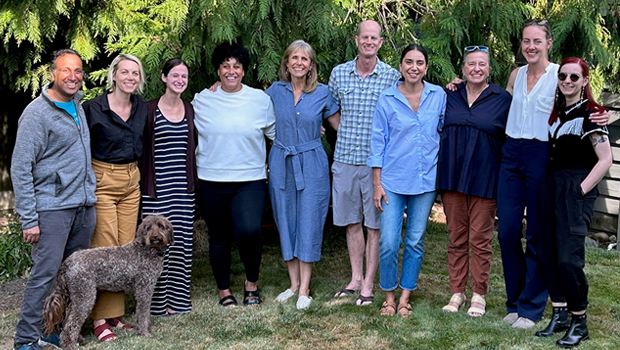2 new scholars to train as learning health systems scientists
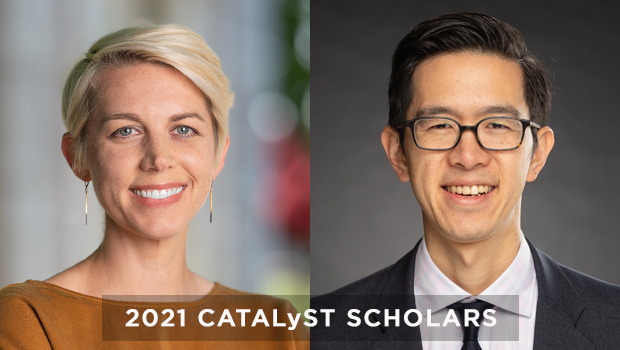
Scholars will study in-home oxygen use for COPD and the use of patient portals for adolescent sexual and reproductive health
When Drs. Diana Buist and Paula Lozano decided to apply for a grant to start a Learning Health Systems (LHS) Centers of Excellence training program in 2017, the term “LHS” was unfamiliar to many early-career scientists. Almost 4 years later, not only has the field of LHS burgeoned, but Buist and Lozano now have a full training program — called CATALyST (which stands for the Consortium for Application Training to Advance the Learning health system with Scholars/Trainees) — funded by the Agency for Healthcare Research and Quality (AHRQ) and the Patient-Centered Outcomes Research Institute (PCORI). The third and final cohort for this 5-year grant was selected in late June, adding even more depth and breadth to the existing lineup of scholars and their mentors.
Joining the CATALyST program and the previously appointed scholars, each for 2-year appointments as of Sept. 30 , will be Drs. Annie Hoopes and Kevin Duan. “Just like the prior 2 rounds of CATALyST admissions, this final round proved to elicit very strong and promising candidates,” says Buist, who chaired this year’s admissions process. “We are so excited for the enthusiasm and capabilities that both Kevin and Annie will bring to the CATALyST learning community and the broader AHRQ/PCORI LHS community.”
Hoopes trained as a pediatrician and adolescent medicine physician, and subsequently obtained a master’s degree in public health. Most recently, she has been providing care to teens at The Adolescent Center at Kaiser Permanente Washington. Now with 75% CATALyST-protected time to focus on developing her research career, Hoopes plans to explore how to improve the design and use of the Kaiser Permanente patient portal for adolescent sexual and reproductive health needs.
“I’m thrilled to join a dynamic community of researchers committed to improving health systems,” says Hoopes. “The work of designing more equitable, high-quality care pathways for adolescents feels urgent and exciting, and I’m thankful for the opportunity to serve young people in this way with the support of CATALyST.” Hoopes’ primary co-mentors will be KPWHRI’s Rita Mangione-Smith, MD, MPH, and Megan Moreno, MD, MSEd, MPH, from the University of Wisconsin–Madison. The remainder of her mentorship team is composed of KPWHRI faculty Paula Lozano, MD, MPH, Marlaine Figueroa Gray, PhD, and James Ralston, MD, MPH.
Duan, an internal medicine physician, just finished a fellowship in pulmonary and critical care medicine and a master’s degree in health services at the University of Washington. His research focus has been on health policy and economics. While his faculty appointment is based at the UW, Duan is planning to dig deep into identifying appropriate use of in-home oxygen for Department of Veterans Affairs (VA) patients with chronic obstructive pulmonary disease (COPD).
"I applied to join CATALyST as a scholar because of the unique training program that I know will prepare me for a career as a learning health systems researcher,” says Duan. “I look forward to the training, mentorship, and community that the program will provide."
Duan’s primary mentor will be David Au, MD, MPH, who, like Duan, is affiliated with both the UW and the Puget Sound VA. His other 2 mentors, also with the same affiliations, will be Edwin Wong, PhD, MA, and Laura Feemster, MD, MS.
The goal of LHS research is to make health care more effective, efficient, and patient-centered. The CATALyST training program, as well as the other AHRQ/PCORI Centers of Excellence, continues to build a new cadre of highly capable, early-career scientists who will make critical contributions to this mission.
